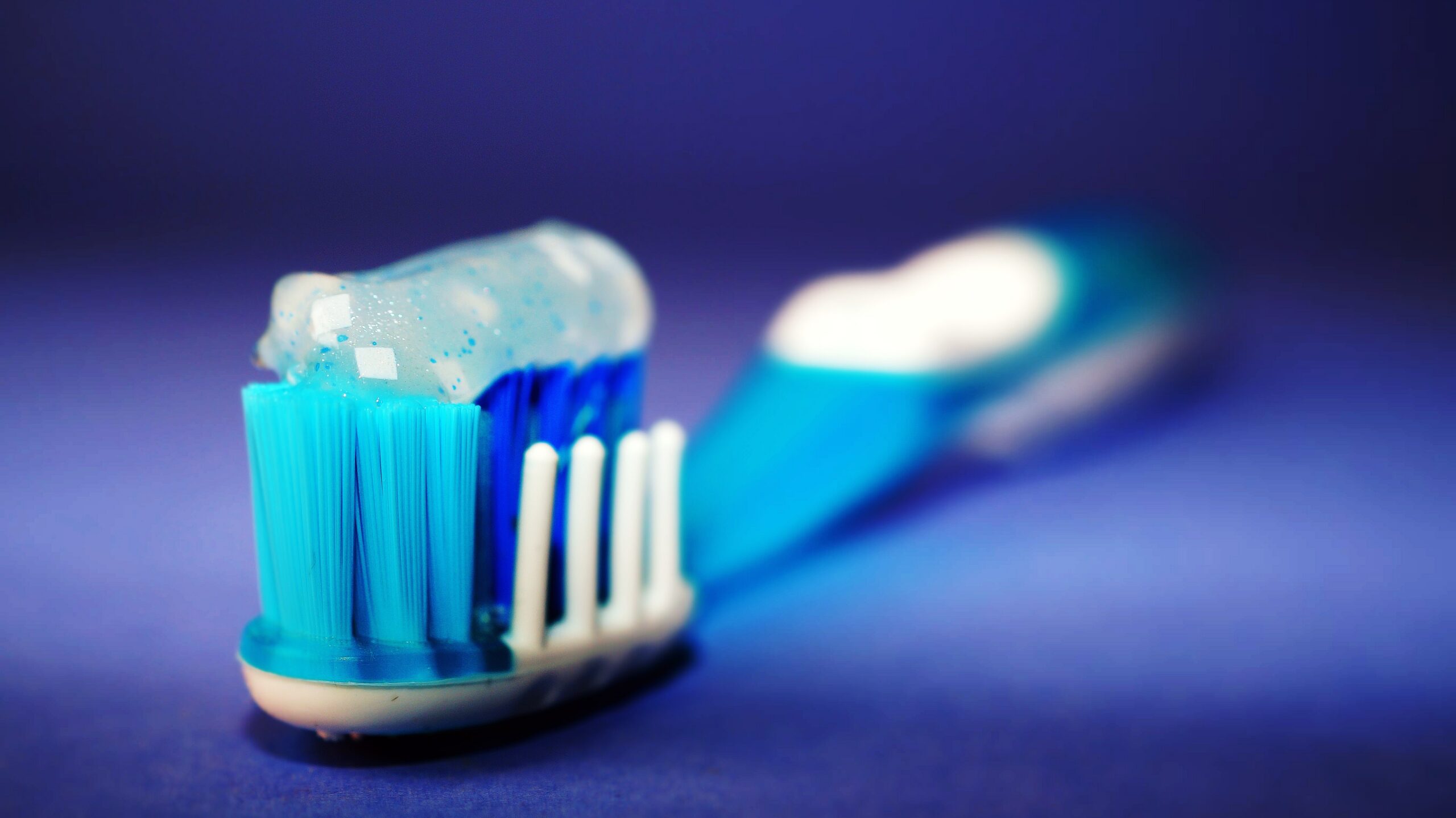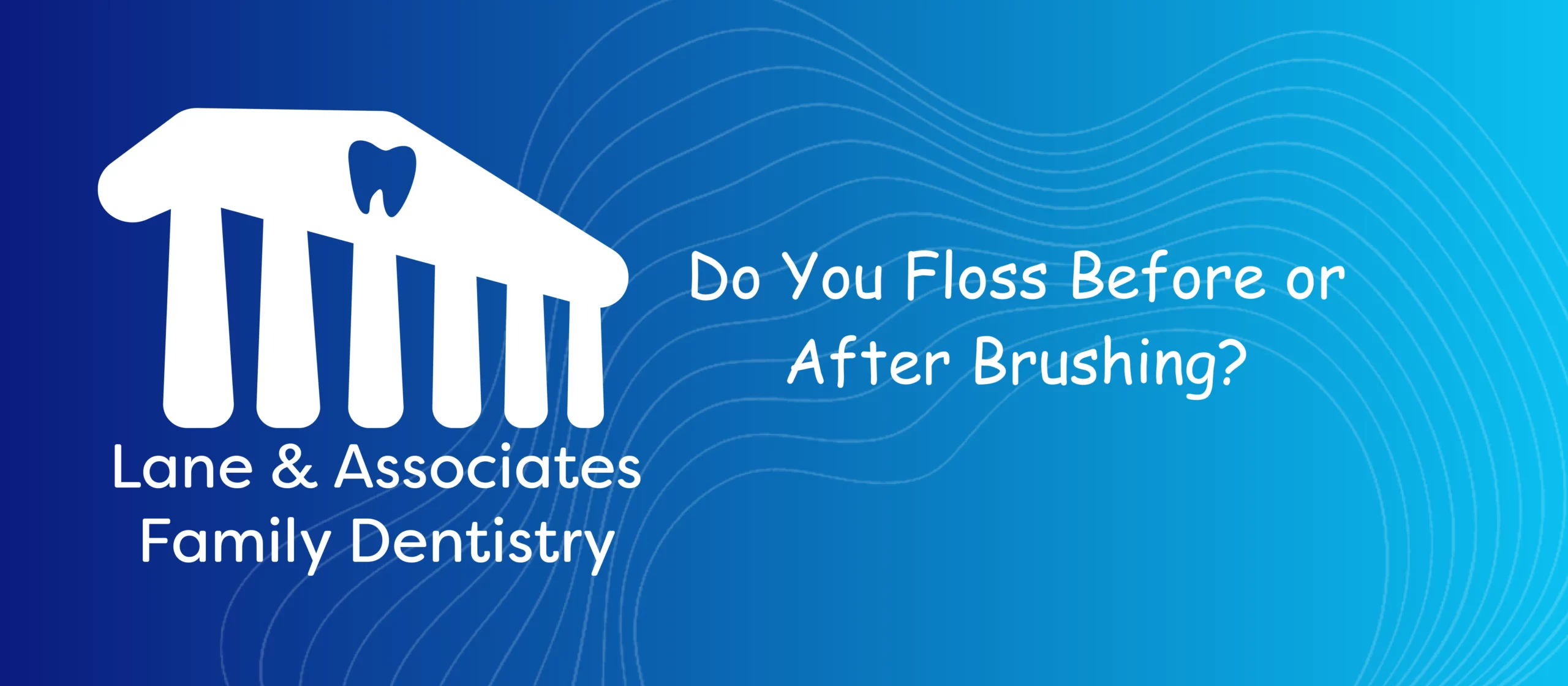One common question regarding oral hygiene routines is whether to floss before or after brushing. The answer is that it is generally recommended to floss before brushing your teeth. The rationale behind this sequence is to loosen and remove any food particles or debris stuck between the teeth and along the gum line using dental floss. By doing so, you can effectively dislodge these particles and create a clean surface for the toothbrush to reach during brushing.
Flossing before brushing also allows the fluoride from toothpaste to better penetrate the spaces between the teeth and along the gum line. After flossing, when you proceed to brush your teeth, the toothpaste can reach more areas, ensuring that the fluoride and other beneficial ingredients in the toothpaste have better access to those hard-to-reach places. This sequential approach of flossing before brushing ensures a comprehensive cleaning of the entire oral cavity and maximizes the benefits of both flossing and brushing.

Is It Better To Floss In The Morning Or At Night?
Whether to floss in the morning or at night is a matter of personal preference, as both options can effectively contribute to oral health. Some individuals prefer to floss in the morning to remove any overnight buildup of plaque and food particles, starting the day with a clean mouth. On the other hand, flossing at night ensures that any accumulated debris from the day is eliminated before bedtime, reducing the risk of bacteria growth during sleep. Ultimately, what matters most is consistency in incorporating flossing into your daily routine, regardless of the specific time chosen. Regular flossing, combined with brushing and other oral hygiene practices, plays a vital role in maintaining optimal dental health.
How Many Times Should You Floss Per Day?
To maintain optimal oral health, dentists and oral health professionals recommend flossing at least once a day. By incorporating a daily flossing routine into your oral hygiene practices, you can effectively remove plaque, food particles, and bacteria from the areas between your teeth and along the gum line. These are the areas where a toothbrush cannot reach. Flossing helps to dislodge and remove debris that can accumulate and contribute to dental issues such as cavities, gum disease, and bad breath.
What Not To Do Before Teeth Cleaning?
When preparing for a teeth cleaning appointment, there are certain things to avoid in order to ensure the best results. Firstly, it is important not to consume any food or beverages for at least one hour before the appointment. This allows the dental hygienist to perform a thorough cleaning without any interference from food particles or stains. Additionally, it is recommended to avoid smoking or using any tobacco products before the cleaning, as these can contribute to staining and plaque buildup. Lastly, it is advisable to refrain from vigorous brushing or flossing right before the appointment, as it may cause gum sensitivity or irritation. By following these guidelines and discussing any concerns with the dental professional, you can optimize the effectiveness of your teeth cleaning session.
Conclusion
In conclusion, the order of flossing before brushing is advised for effective cleaning. Whether morning or night, flossing should be consistent and based on personal preference. Prior to teeth cleaning, it is important to avoid eating, drinking, tobacco use, and aggressive brushing. To maintain good oral hygiene, flossing at least once a day is generally recommended, though individual needs may vary.


